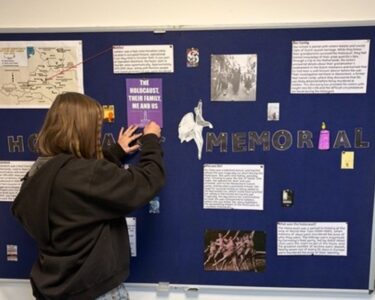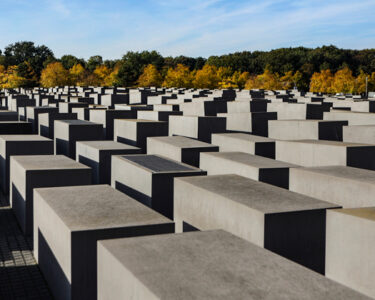In our work at the Centre for Holocaust Education it is part of our mission to enlighten teachers with powerful examples of how Christians and Muslims reached out to rescue Jews during the Nazi era, often at great risk to their own lives.
One such example stands out today. The Muslim Hardaga family from Bosnia, provided shelter for the Jewish Kavilio family when German forces occupied Bosnia in 1943, saving their lives. Some fifty years later, the Hardagas were themselves saved by the Kavilios during the Bosnian Civil War. The Kavilio family successfully appealed to the President of Bosnia to permit their former rescuers to travel to Israel to save them from the appalling shelling of Sarajevo. See here a KS3 lesson the Centre produced on it .
Whatever the differences, humanity prevailed. Such examples provide hope in today’s terrifying times – a powerful thought for contemplation as we mark Interfaith Week 2023.
It is at times like these, when hate and savagery have occurred, that hope for peace across the world feels beyond reach. Many, like me, feel utter despair at what we have witnessed in recent weeks and the suffering of those who bear no responsibility, caught up in the actions that have followed.
But it is at precisely these times that people of faith – religious or not – must strengthen their resolve to counter two of the most pervasive hatreds: antisemitism and Islamophobia. These gross injuries of human dignity have spiked here in the UK since October 7th, causing fear and intimidation. Interfaith Week is therefore needed now, more than ever, and its efforts and activities must continue long after the week is up.
It presents a chance to re-commit to building the necessary knowledge to better recognise hate and prejudice when it occurs, to standing up to it and teaching about it in our schools, and to also have the courage not succumb to any sort of moral ambivalence.
Interfaith Week is a time to champion our shared humanity and to talk about difference without falling into polarised and harmful discourse, even if parties passionately disagree. That takes a certain type of skill, disposition, willingness, and openness. It must be possible, and we should strive for it.
Ruth-Anne Lenga
Associate Professor (Teaching)
UCL Centre For Holocaust Education



